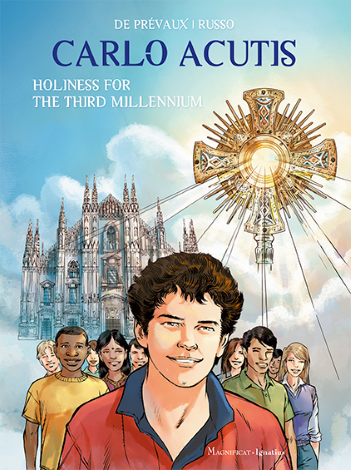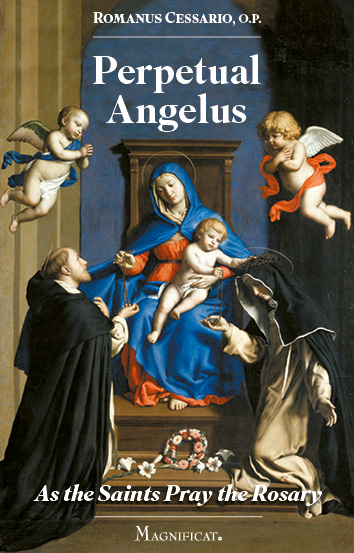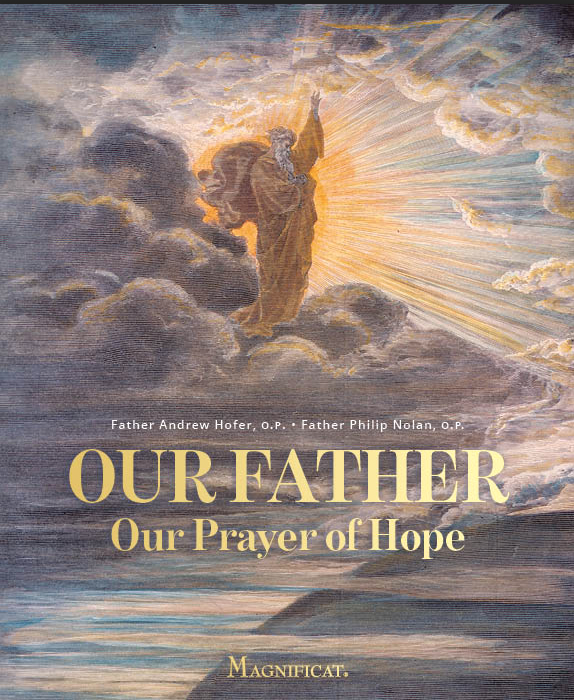Christians have believed from the very beginning that their faith is shaped and enriched by sacred writings. These writings were understood to be God’s word to his people. In the earliest years the writings consisted in the books which the first Christians brought with them from Judaism, namely the Old Testament. Early on, the Church became aware of more recent writings which surfaced from right within the Church and were understood to enjoy no less authority than the Old Testament. More than that, these recent arrivals were seen as bearing out what was implied and forecast in the older books. This understanding of things surfaces in 2 Peter, where Paul’s writings are paired off with “the rest of the Scriptures” (3:16).
The early Christians were clear in their minds that the newer writings do not displace or nullify the Old Testament as certain heretics, specifically the Gnostics and Manichaeans, contended. They ascribed the Old Testament, bag and baggage, to a lesser, even wicked, God. The Church was not intimidated by these aberrant views but went on to affirm the unity of the two groupings, Old and New Testament, and spoke of God as the author of both the Old and the New Testament.
In the 19th century the need was felt to clarify one particular quality of Scripture, namely, its inspiration. The sciences had made people conscious of what appeared to be discrepancies between the Bible and the evidences of history and the physical sciences. It became clear that a better definition must be found for the human involvement in producing the Scriptures without prejudice to the divine action guiding the human effort.
The encyclical Spiritus Paraclitus called attention to the manner in which God prevented the human authors from teaching error, all the while not inhibiting them from writing in a way that concorded with their own culture and ability.
A subsequent papal document, Divino afflante Spiritu, emphasized the need for studying ancient modes of speech and writing which prevailed in the Near East at the time when the Scriptures were being written.
The Second Vatican Council in De divina revelatione re-stressed the fact that God is the author of Scripture, that his impact was felt on all the faculties of the person who wrote, and that the end result is infallible teaching of sacred truth. The Council also emphasized the need to scrutinize the human language used to convey the message so that one may not brand something as erroneous when it is just a manner of speaking particular to some time or place.
One way of envisioning the process of inspiration as it operated in producing the Scriptures is to view the human instrument as taken over by God, in an ever so subtle way, so subtle that the person may be unaware of the impact God is having upon him. Yet God’s control of the human author is total so that the end result is the work of God and of the human author, in different respects. The human author has consciously and without coercion produced all that is found in the book, the thoughts as well as the words. Yet God’s control over him and the process is such that, when all is said and done, the thoughts and the way they are expressed derive from God himself.
The struggle is to try to grasp how a book in its entirety can be at once the work of God and the work of a human being. It is immensely difficult to envision such a situation. Here is another point at which we must stand back and concede humbly that God’s ways are not our ways.
©Magnificat November 1999










